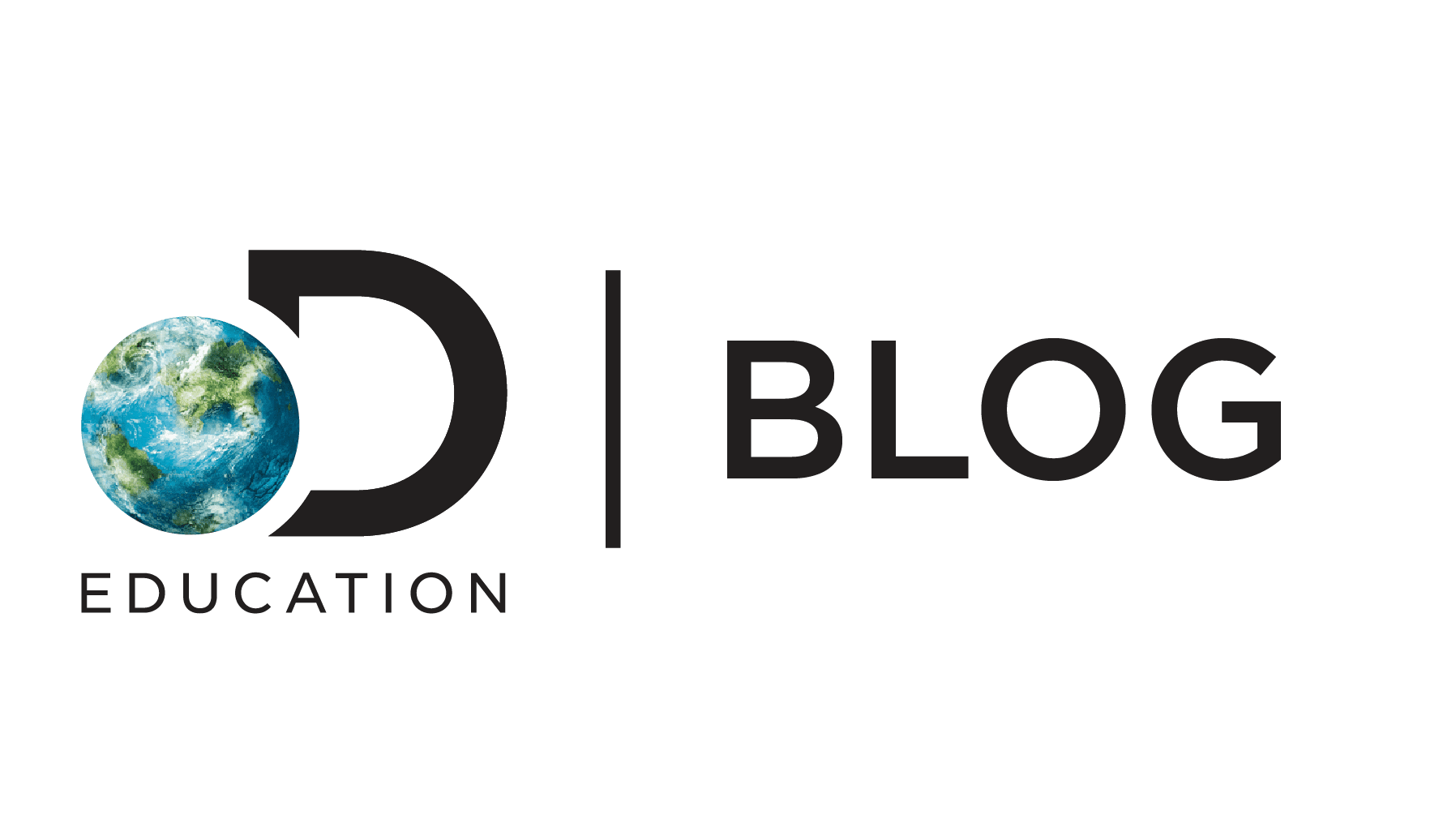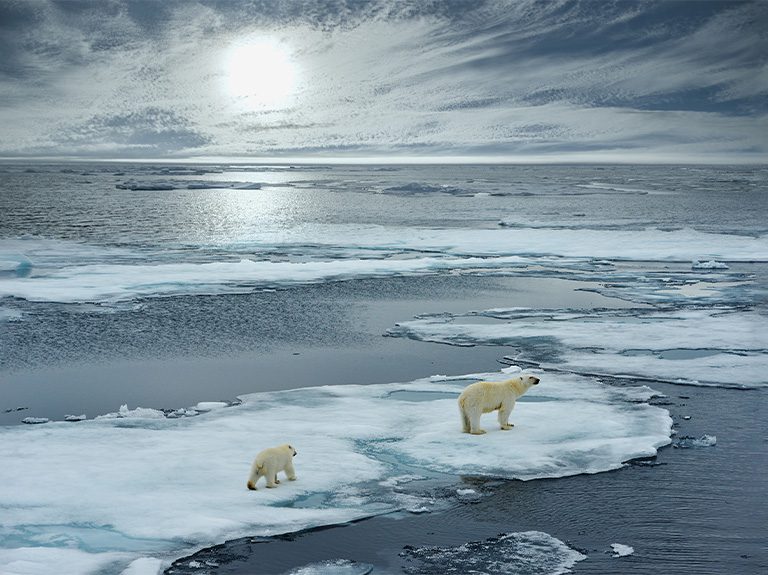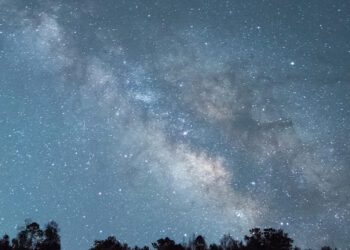The path to a “cool” career may be covered in snow or dusted with sand, but it certainly takes hard work! Finding ways for students to explore different career paths can help them determine their next step after K-12 education—and can help them figure out if they’ll need a scarf or a swimsuit to pack for their workday.
Here to share about her journey to a cool job (so cool it’s cold) is Alysa McCall, who works with Polar Bears International. She gave the DE team a behind-the-scenes look into her career path and offers advice to students considering ways they can turn their interest in animals into a career.
Meet Alysa McCall
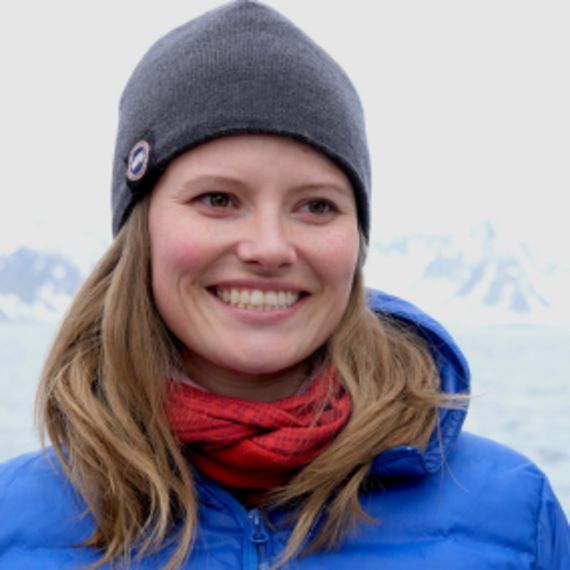
Director of Conservation Outreach and Staff Scientist
Alysa lives in Whitehorse, Yukon. She has a Bachelor's of Science (Hon.) in Animal Biology from Thompson Rivers University and a Masters of Science in Ecology from the University of Alberta where her thesis focused on the polar bears of western Hudson Bay. She gained hands-on experience with polar bears from multiple fall and spring field seasons in Tuktoyaktuk and Churchill and has been heavily involved in tracking Hudson Bay polar bears, as well as coexistence efforts. She also spearheads Polar Bears International's Tundra Connections webcast program. Prior to joining Polar Bears International's staff, Alysa volunteered for several years in multiple capacities, including being a panelist on the Tundra Connections program and assisting with the Polar Bear Tracker. She is passionate about science education and polar bear conservation and is dedicated to ensuring that future generations inherit a healthy planet.
The Journey to Polar Bears International
I am the Director of Conservation Outreach and Staff Scientist for Polar Bears International. Most of my current work is around polar bear conservation, with a focus on how to coexist safely with them as they spend more time on land. Working with the Arctic and polar bears is very interesting—did you know that the Arctic Sea’s ice acts as the world’s air conditioner? It helps regulate and cool climates around the world. I always feel lucky to work with such an important part of our planet!
From a very young age, I have loved animals and was fascinated by them. Growing up we had all sorts of wildlife around, and black bears were often in my yard during the summer. I knew I wanted to work with animals, but I had many different ideas for careers when I was young. I wanted to be a pony trainer and Dairy Queen cake decorator, which evolved over time to wanting to be a biologist (though I did also briefly decorate cakes for a while). I found out that being a biologist was a great way to turn my fascination with animals into a job!
I studied biology and ecology at my university, held a bunch of different jobs, and then decided to attend graduate school. When I was looking for a graduate school, my mentor/supervisor Karl encouraged me to apply to the polar bear lab in Edmonton. It was not on my radar before that suggestion, because I was more focused on small mammals. But I’m so glad it worked out!
During graduate school, I eventually volunteered with Polar Bears International. After I completed my thesis, PBI hired me as the first Canadian on staff!
Advice for Aspiring Scientists
If you have set your sights on a future career in science, my best advice is to get as much hands-on experience as possible.It doesn’t need to be directly related! I worked in animal care, tracked toads and mice, did insect surveys, and learned about plants along my journey to Polar Bears International. The more knowledge and experience you have, the more skills you can bring to a team, and the more confident you’ll be when you’re ready for that next big step in your career.
Additionally, a lot of work opportunities and projects are shared from people you’ve worked with in the past, so being easy and helpful to work with can go a long way. It’s important to make good impressions (like chipping in by doing dishes when you’re living with colleagues in the field) to ensure you get invited back!
The work of a scientist may not be as glamorous as a movie star, but for me it’s the most fulfilling because I get to do what I love and for the greater good!
Each day, students explore scientific concepts, historical facts, and mathematic equations—but how often do they look ahead to consider how these skills fit into their futures? Highlighting different careers in the classroom can help students connect the dots between what they think is “cool” and what could become a “cool career.” Discovery Education’s Virtual Field Trips, videos, and learning resources help make career exploration easy to implement into your existing lessons!
